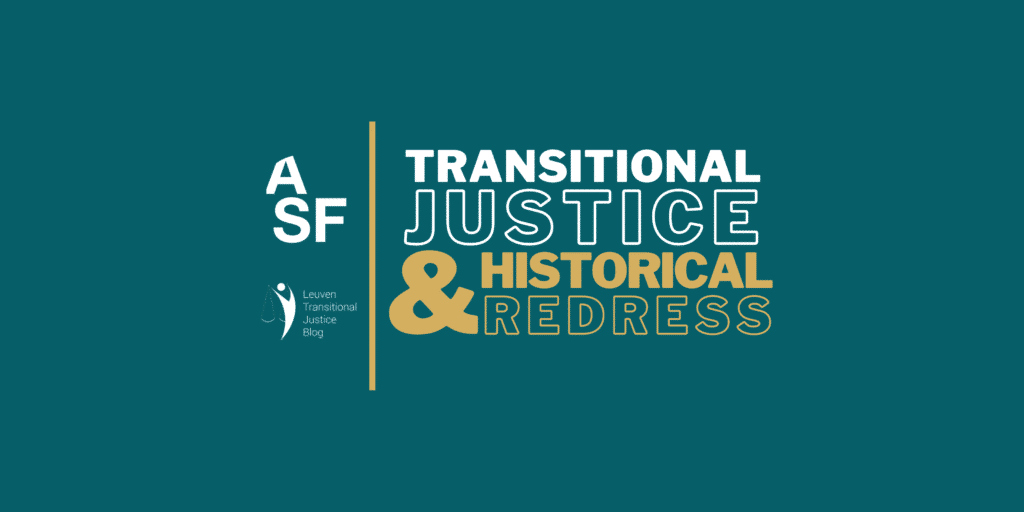
This article is part of ASF’s 2022 annual report.
In collaboration with the Leuven Institute of Criminology, ASF published a series of articles examining the challenges and questions raised by the recent rise of processes to address the historical injustices of slavery and colonialism, particularly in the wake of the Black Lives Matter movement.
First initiatives, mostly still in their infancy, are emerging in former colonial countries. This is especially the case in contexts of settlement colonialism, probably because the lasting legacies of colonialism and historical injustices are even more visible and perceptible today in these countries.
More recently, we have also seen an intensification of political debates about reparation and justice measures to address colonial harms and injustices in countries that were involved in slave exploitation and commercial colonialism. Various commissions of enquiry have been set up in Belgium, France and the Netherlands to investigate the legacy of colonialism and to propose measures to address it – often leading to heated controversies over reparations and apologies.
These developments have prompted reflections in both academic and policy circles on the potential role that transitional justice can play in providing justice and redress for the historical and enduring injustices that stem from the colonial past. Traditionally, transitional justice refers to a range of measures and initiatives put in place in countries that have experienced armed conflicts or repressive regimes to provide a response to past human rights violations and injustices. Mobilising transitional justice as a response to colonial wrongs therefore implies broadening the traditional boundaries of transitional justice, including considering its application in Western countries and expanding the conceptions of “injustices” and “responsibilities” it mobilises. It also requires a critical reflection on the anchoring of transitional justice in postcolonial normative and political frameworks. Without engaging in this reflection, transitional justice may be guilty of perpetuating the structural injustices and power imbalances that it intends to combat.
The contributions to this special series have examined some of the challenges and questions that all these initiatives and reflections raise. In particular, they question the relevance of transitional justice as a framework for dealing with the colonial past and the kind of historical redress model that transitional justice can offer. Drawing on the experiences of various countries, the articles question the effectiveness of well-established transitional justice mechanisms – truth commissions, reparations, trials, commemoration, guarantees of non-repetition – in achieving justice and redress for historical and long-lasting injustices, as well as in dealing with the intergenerational trauma of colonialism. What emerges from these reflections is that while transitional justice can be useful for historical reparation, it faces political constraints (as is also often the case for transitional justice applied in more paradigmatic contexts) and requires a reshaping of its normative and ideological frames.
In June 2022, Valérie Arnould, legal and policy advisor in transitional justice at ASF, intervened before the Special Parliamentary Commission on the Belgian Colonial Past. ASF was able to share its experience in transitional justice and made recommendations, notably on the opportunity to grant reparations to the populations of countries formerly colonised by Belgium and their diasporas.
ASF’s 2022 annual report
Transitional Justice & Historical Redress




